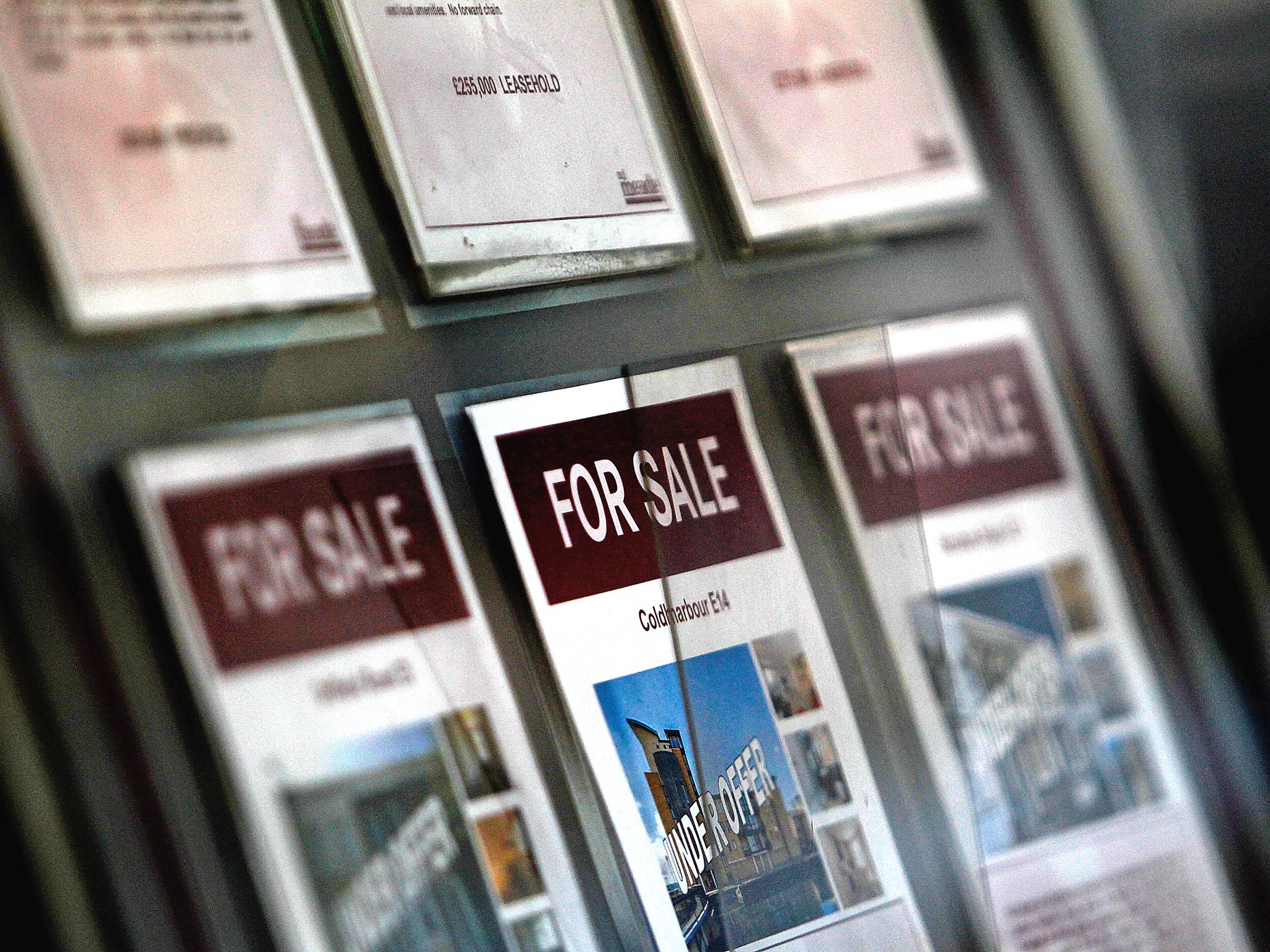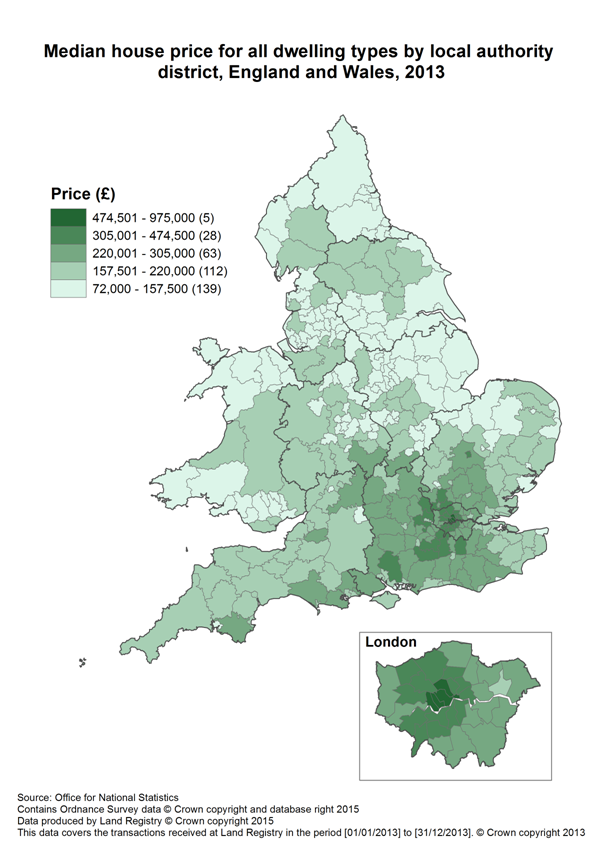UK house prices increased by 9.8% last year — in graphs
ONS data suggests a slowdown in house price inflation despite "strong" growth in 2014

Your support helps us to tell the story
From reproductive rights to climate change to Big Tech, The Independent is on the ground when the story is developing. Whether it's investigating the financials of Elon Musk's pro-Trump PAC or producing our latest documentary, 'The A Word', which shines a light on the American women fighting for reproductive rights, we know how important it is to parse out the facts from the messaging.
At such a critical moment in US history, we need reporters on the ground. Your donation allows us to keep sending journalists to speak to both sides of the story.
The Independent is trusted by Americans across the entire political spectrum. And unlike many other quality news outlets, we choose not to lock Americans out of our reporting and analysis with paywalls. We believe quality journalism should be available to everyone, paid for by those who can afford it.
Your support makes all the difference.The average house in the UK now costs £272,000.
According to new data from the Office of National Statistics, house prices increased by 9.8 per cent in the twelve months leading up to December 2014.
The recent trend, however, in which the speed of property price increase has decreased for three straight months, suggests the market is "coming off the boil".
ONS said growth, whilst still "strong", slowed down in the back half of 2014, with the 9.8 per cent annual growth following 9.9 per cent just one month earlier.
Here's a graph-by-graph breakdown of what we learned from the latest batch of official housing data:
As the above House Price Index illustrates, the pace at which houses have been getting more expensive was steadily getting speedier for the last ten years.
That inflation, however, may have peaked in August of 2014. The Index has flattened in the months since.
Economist Howard Archer told the FT that rising prices this year would be half what they were last - a "solid but unspectacular" 5 per cent.
In the capital, housing was 13.3 per cent more expensive in December 2014 than it was one year earlier.
With an average property of £502,000, London is more than twice as costly as most everywhere else in the country, with the exceptions of still-expensive South and South East.
And the difference could have been even greater, with price inflation rates last summer indicating an annual rise of 20 per cent.
Then came the slowdown.
Last week the Royal Institution of Chartered Surveyors even claimed that falling house prices in London is weighing down the country's property market.

Elsewhere the houses in Northern Ireland remained the most affordable, and the prices of properties in the North West and in Wales grew by the least last year.
The average price for properties bought by first-time buyers rose by 9.5 per cent in the year leading up to December last year, a substantial improvement from just a month earlier when the annual increase stood at 11 per cent.
The £208,000 first-time buyers paid fared alright in comparison to the £314,000 paid by already home-owners.
The November to December transition wasn't kind to property purchasing home owners, with the amount paid up 0.4 per cent to reach 9.8 per cent over the year.
According to the slightly older data also provided by ONS, the London borough of Kensington and Chelsea is perhaps predictably more expensive than anywhere else in the country.
The average price of £975,000 at the end of the 2013 was more than 4 times the countrywide average and an astonishing 12 times that of most affordable local authority Blaenau Gwent.
All five of the most expensive areas in the UK are in London — Westminster, the City of, Camden, and Hammersmith and Fulham.
It's well known that the financial crash of 2008 devastated the housing market, in the UK and abroad.
But it appears as though consumer confidence is slowly but surely returning, with the 788 thousand dwellings bought in 2013 the most since 2007 and a 20 per cent increase from the year before.
All this data comes on the back of a recent study from RightMove estate agents that said too few houses are forcing house prices up, and house building figures that last week revealed the faltering of the government's Help to Buy initiative.
Join our commenting forum
Join thought-provoking conversations, follow other Independent readers and see their replies
Comments